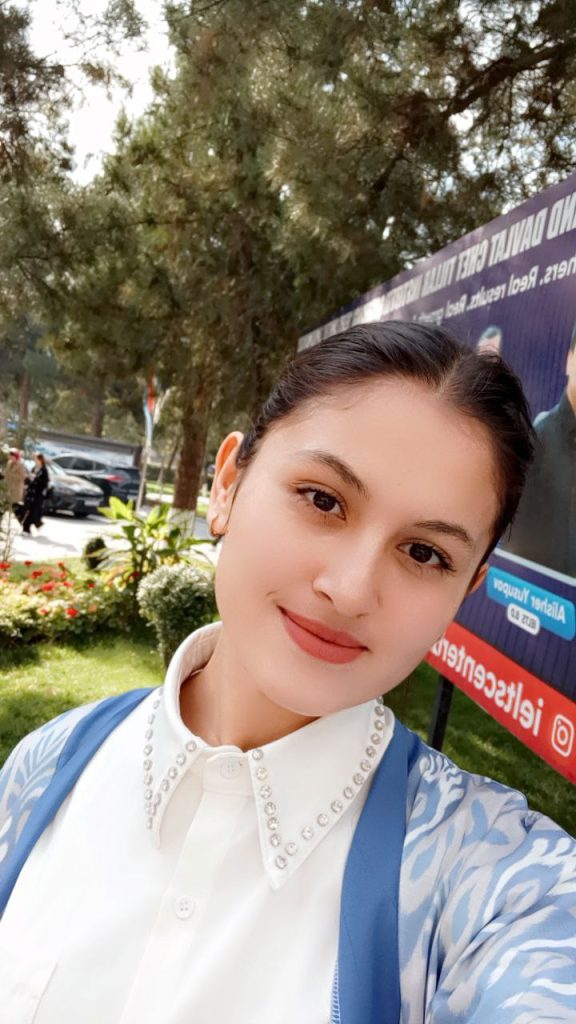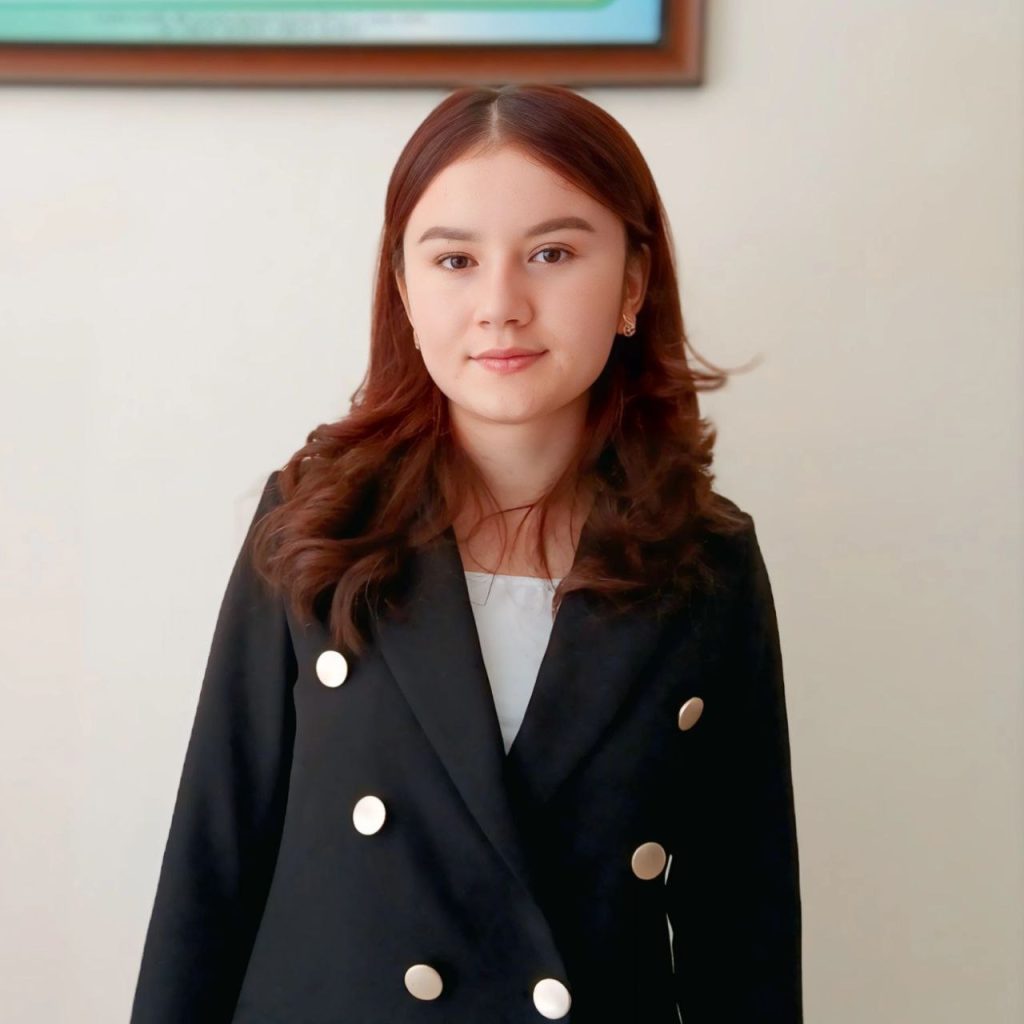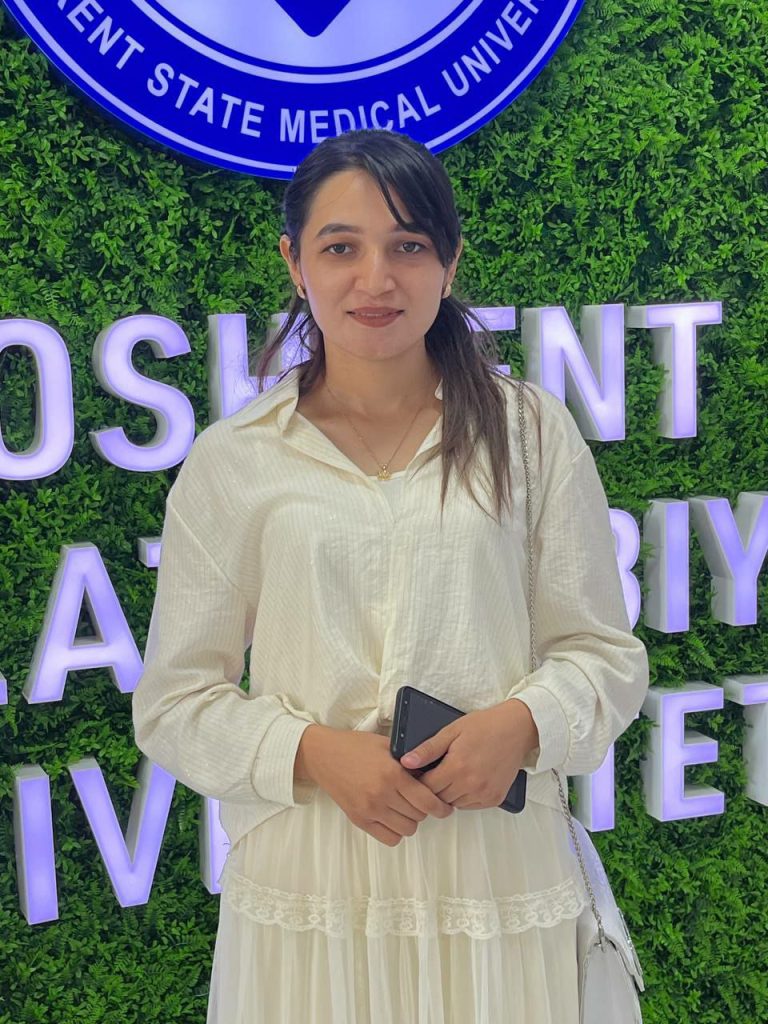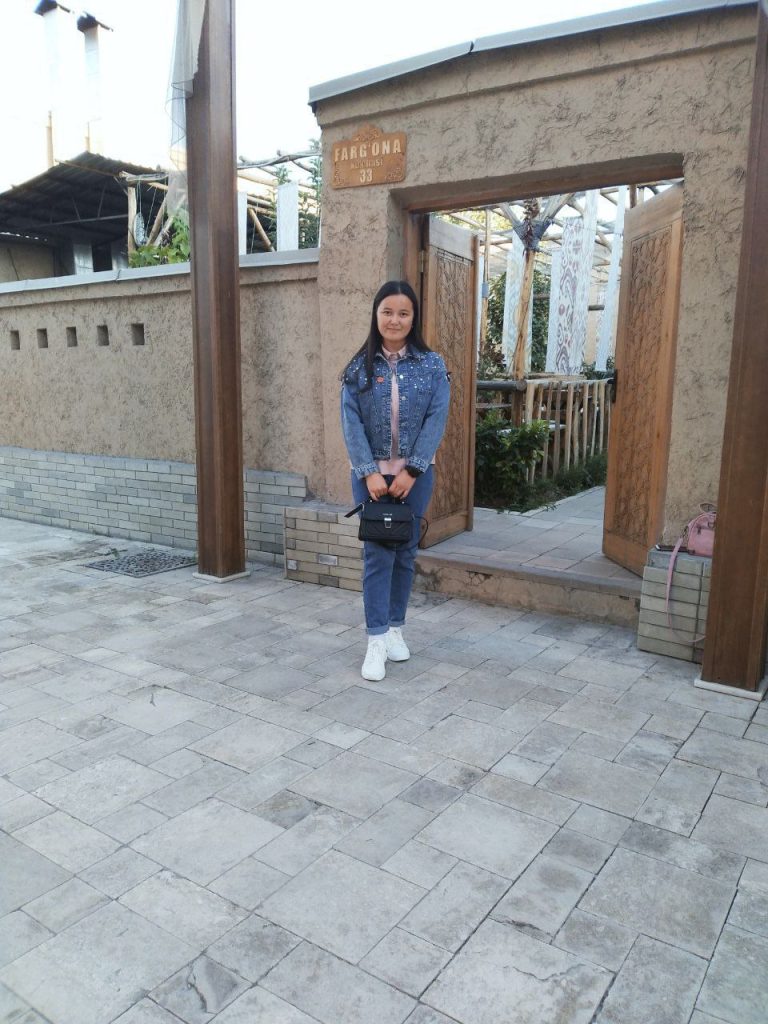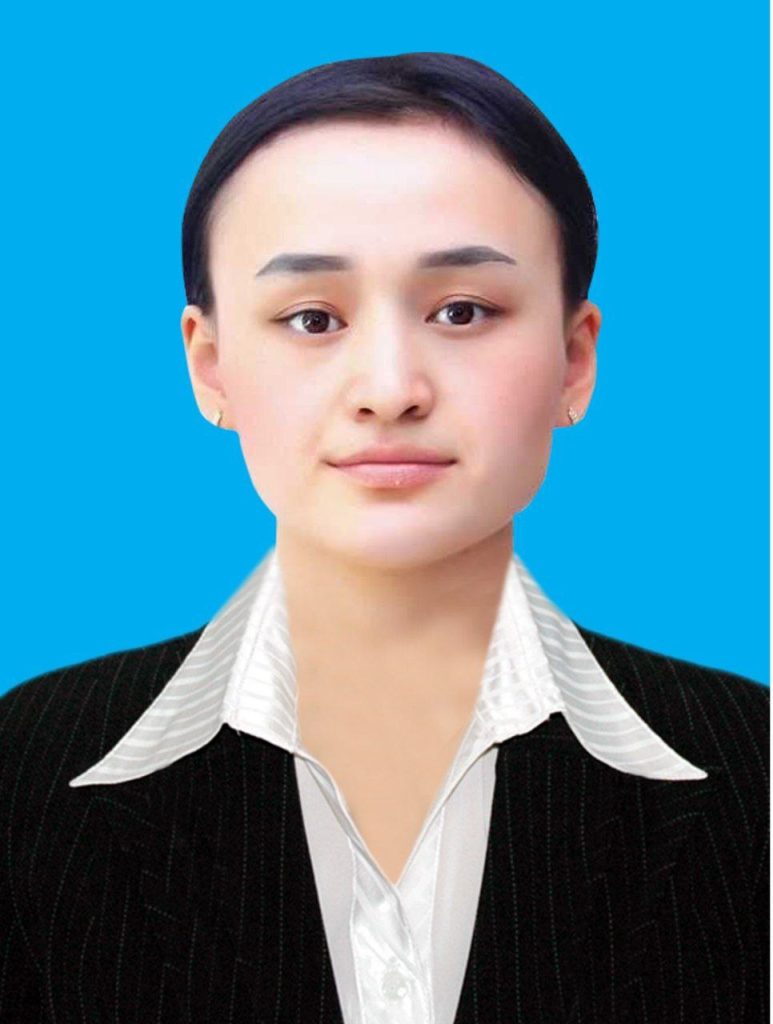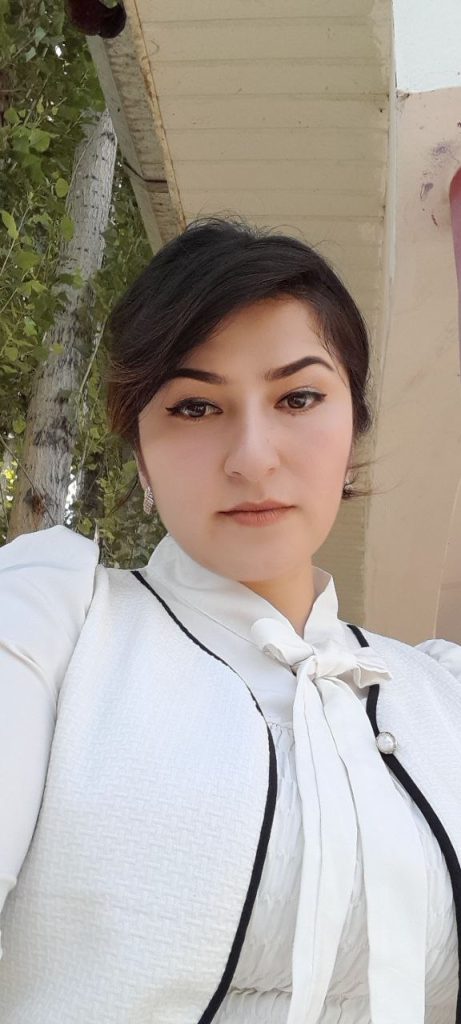
INNOVATIVE AND CREATIVE APPROACHES TO FORMING ENVIRONMENTAL AWARENESS IN PRESCHOOL EDUCATION
ANNOTATION. This article examines the formation of environmental education in preschool-aged children from both scientific-theoretical and practical perspectives. Research emphasizes that the foundation of environmental awareness is laid during the ages of 3–7. In particular, American educator and scientist J. Davis notes that direct interaction with nature in childhood strongly influences a child’s future ecological behavior. According to UNESCO experts, environmental education in preschool settings is effective only when conducted through play, observation, and hands-on activities. The article highlights creative methods, project-based activities, STEAM approaches, and the importance of cooperation between families and educational institutions in organizing environmental education. The research results show that ecological education fosters conscious, careful, and responsible attitudes toward nature in children and helps cultivate love for the environment.
KEYWORDS. Environmental awareness, preschool education, ecological education, creative methods, project-based activities, STEAM approach, nature conservation, observation.
INTRODUCTION. Today, environmental problems have a direct impact on human life at a global scale. Environmental pollution, depletion of natural resources, and loss of biodiversity pose significant challenges to society. Addressing these issues is closely linked to changing humans’ attitudes toward nature. In this context, the preschool education system represents the initial and most critical stage of ecological education. During this period, children form their first understanding, emotional responses, and simple ecological behaviors regarding nature. If ecological education is organized systematically and correctly at this stage, it increases the potential to raise conscious and responsible individuals in the future. This article examines innovative and creative ways to develop environmental awareness in preschool education and analyzes their practical significance.
1. Features of Environmental Awareness Formation in Preschool Children.
Preschool children perceive the environment primarily through sensory experiences and direct interaction. They understand natural phenomena by seeing, hearing, touching, and observing. Therefore, in ecological education, real observation and practical activities should take precedence over abstract concepts.
During this age, environmental awareness develops in the following areas:
Recognizing and naming natural objects;
Observing changes in nature;
Understanding cause-and-effect relationships;
Demonstrating careful and respectful attitudes toward nature.
The process of forming environmental awareness in children is effective only if conducted consistently and continuously. Random or episodic activities cannot develop stable ecological perspectives.
2. Developing Observational Skills through the “Nature Explorers” Project.
Project-based activities are one of the most effective pedagogical approaches for preschool children. The “Nature Explorers” project engages children as active participants, developing their observation and independent thinking skills.
Within this project, children:
Observe the growth of plants;
Record weather changes;
Compare the conditions of water and soil;
Learn to draw simple conclusions.
Such activities increase children’s interest in nature and sense of responsibility. Most importantly, children acquire ecological knowledge through personal experience rather than as pre-packaged information.
3. The Role of Play Technologies in Environmental Education.
Play is the leading form of activity for preschool-aged children. Ecologically themed games help children consciously adopt simple rules for protecting nature.
For example:
Games focused on waste sorting;
Role-playing games about water conservation;
Dramatic games about caring for animals.
During play, children learn to follow ecological rules naturally rather than as a compulsory requirement.
4. Environmental Education through STEAM Approaches.
The STEAM approach allows ecological education to be organized through interdisciplinary integration. This approach enables children to observe ecological phenomena, conduct experiments, and analyze results.
Examples include:
Planting seeds and measuring growth rates;
Observing the evaporation process of water;
Creating simple ecological models.
The STEAM approach develops not only ecological knowledge but also logical thinking and problem-solving skills in children.
5. Cooperation between Families and Preschool Institutions.
The effectiveness of environmental education largely depends on collaboration between families and educational institutions. If ecological education is not continued at home, its impact is short-lived.
Cooperation with parents can include:
Family ecological campaigns;
Home exercises on waste separation;
Discussions on nature conservation.
Such collaboration helps children integrate ecological behavior into daily habits.
CONCLUSION. In conclusion, forming environmental awareness in preschool education is a complex but extremely important process. To organize it effectively, innovative and creative approaches must be applied, children’s age-specific characteristics considered, and collaboration with families established. Ecological education fosters love, responsibility, and conscious attitudes toward nature in children, contributing to the sustainable development of future society.
REFERENCES.
Law of the Republic of Uzbekistan “On Preschool Education.”
“First Step” State Educational Program.
UNESCO. Early Childhood Education for Sustainable Development, 2021–2024.
Davis, J. Young Children and the Environment, 2020–2023.
STEAM Education in Early Childhood. International Journal of Early Learning, 2021.
Axmadqulova Sapuraxon was born in the Marxamat District of the Republic of Uzbekistan. She is a student at the Andijan Branch of Kokand State University, Faculty of Pedagogy, specializing in Preschool Education. She has participated in international competitions. She is a recipient of the “Future Scientist” and “People’s Ambassador” chest badges awarded by the Association of Young Scientists. Her creative works are indexed on Google, and she is the author of numerous articles.

